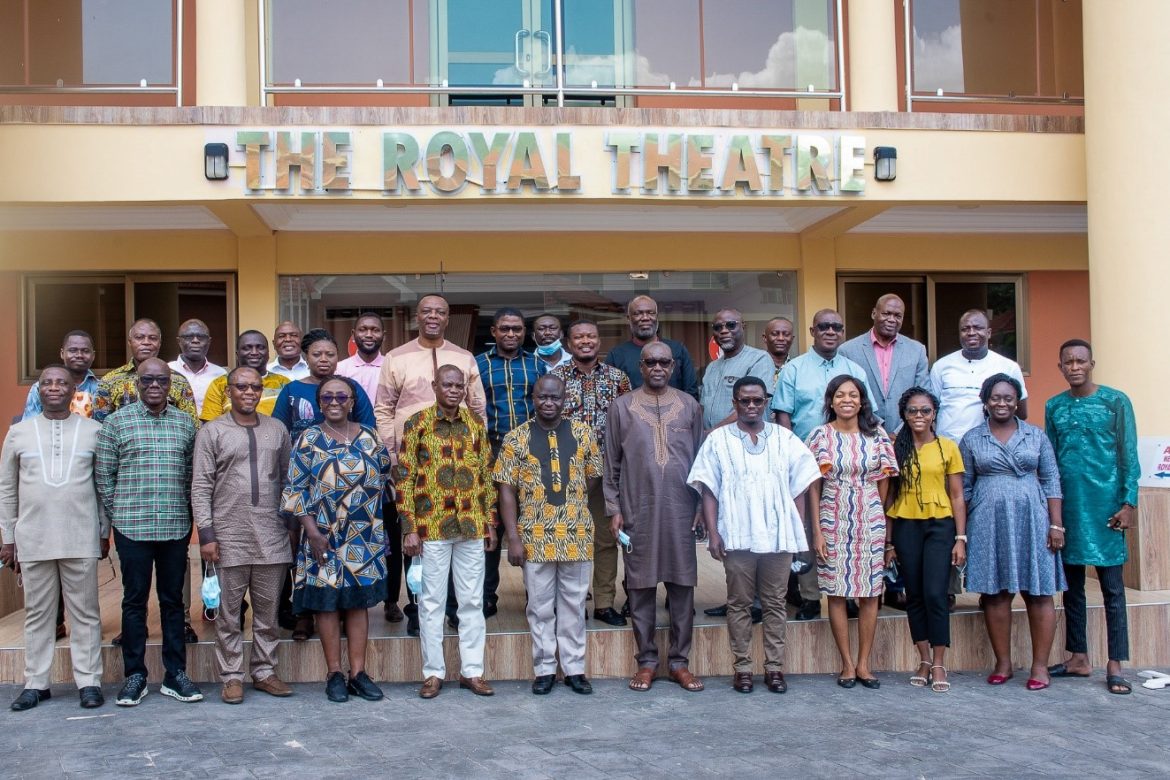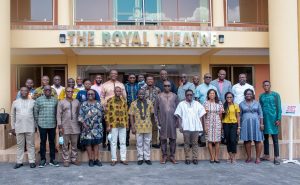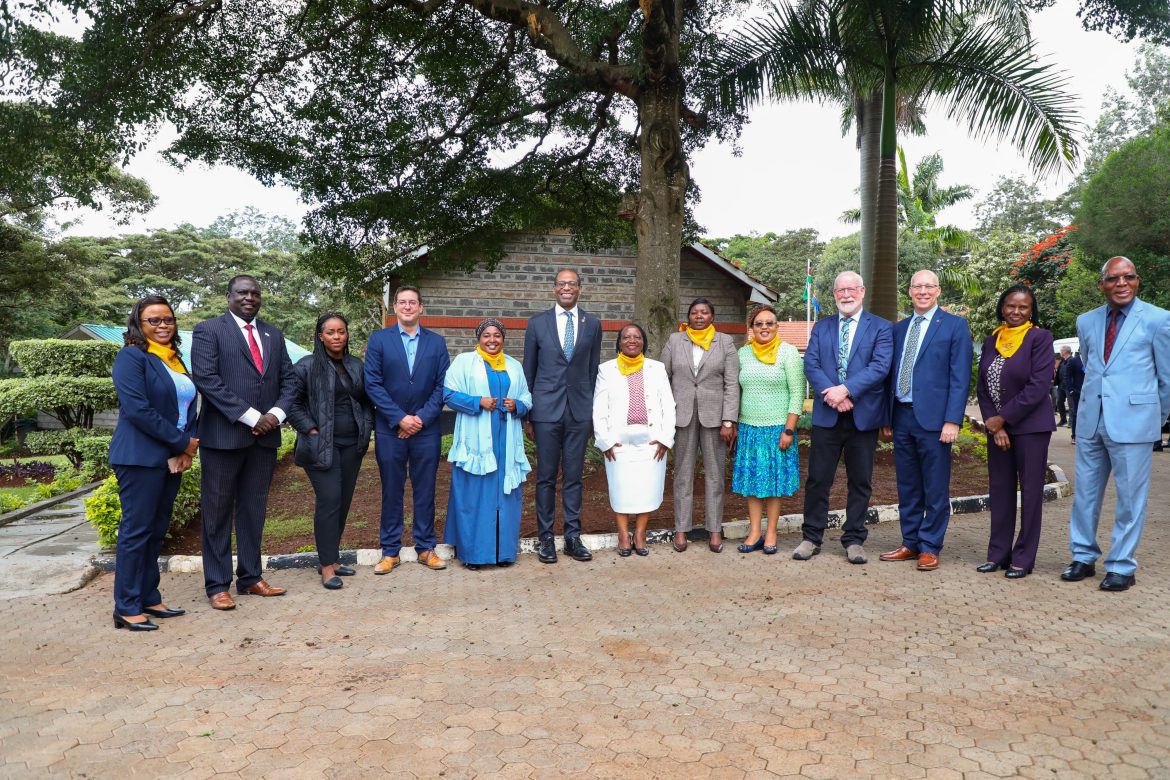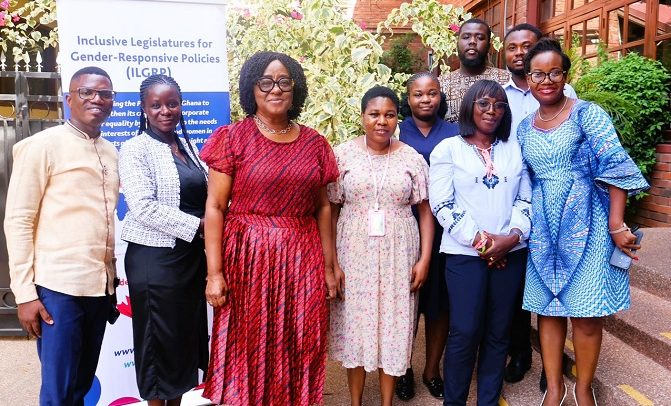The African Centre for Parliamentary Affairs (ACEPA) in collaboration with the Ghana Statistical Service (GSS) and the International Network for Advancing Science and Policy (INASP) organized a training workshop for members of the Poverty Reduction Strategy Committee of the Parliament of Ghana from July 23-25, 2021 in Koforidua.
The African Centre for Parliamentary Affairs (ACEPA) in collaboration with the Ghana Statistical Service (GSS) and the International Network for Advancing Science and Policy (INASP) organized a training workshop for members of the Poverty Reduction Strategy Committee of the Parliament of Ghana from July 23-25, 2021 in Koforidua.
The workshop, which was organized under the Data for Accountability Project (DAP), aimed to introduce the Committee to the implementation, monitoring frameworks and data sources for the Sustainable Development Goals (SDGs) and African Union Agenda 2063. Also, the workshop aimed to build a relationship between the Committee and the Ghana Statistical Service (and other stakeholders within the National Statistics System). in order to increase the Committee’s access to data and enhance its reliance on data for oversight of the SDGs and other functions.
Using data from varied sources showing Ghana’s performance in social sectors such as water, electricity, health etc., as well as performance on global development indices, the human development index, the corruption perception index, among others, ACEPA highlighted the level of responsibility the Committee has in ensuring that national efforts at reducing poverty (including the SDGs), yield the desired results. ACEPA also sought to show the relevance of credible data as a means to reducing excessive partisanship, fostering collective action, and aiding the achievement of the public good. ACEPA used the occasion to advocate for Parliament to consider changing the status of the Committee from “ad hoc” to a standing committee since its work embodies the aspirations of Ghanaians.
Government’s decentralized Multisectoral Implementation Plan for the SDGs was outline by resource persons from GSS, with particular emphasis on the integration of the SDGs into the Coordinated Economic and Social Development Plan which gives the SDGs more prominence. A call was made for Ghana to build and strengthen her administrative data system to support reliable data collection on the SDGs from institutional settings since that facilitates effective oversight and monitoring, and reduces the cost of data collection to a large extent. The importance of deploying data from satellite imagery – a new method of data collection–to support oversight and legislative decision making was also underscored.
The session on the Constituency Profiles, a major outcome of the DAP, among others showed data pertaining to budgetary allocations to specific SDGs targets, actual disbursement for implementation and the different levels of progress achieved so far. A curious observation from the findings that needs urgent resolution was the issue of non-SDGs related activities getting a larger share of allocations and disbursements at the expense of SDGs related activities.
At the end of the workshop, the Committee committed to consolidate its relationship with the GSS, engage sector ministers more, and increase their uptake and utilization of data that is readily available to them at the SDGs Desk (within the Research Department of Parliament) and other sources. The Committee found the case of inadequate budgetary allocations to SDGs projects/programmes and the lack of, or little prioritization for the SDGs implementation worrying. They committed to further engagements with the DAP partners to see how the Committee can be supported to make better impact. The need for data and evidence to guide decision making and improve parliamentary oversight especially at the committee level was clearly established at the end of the training.




